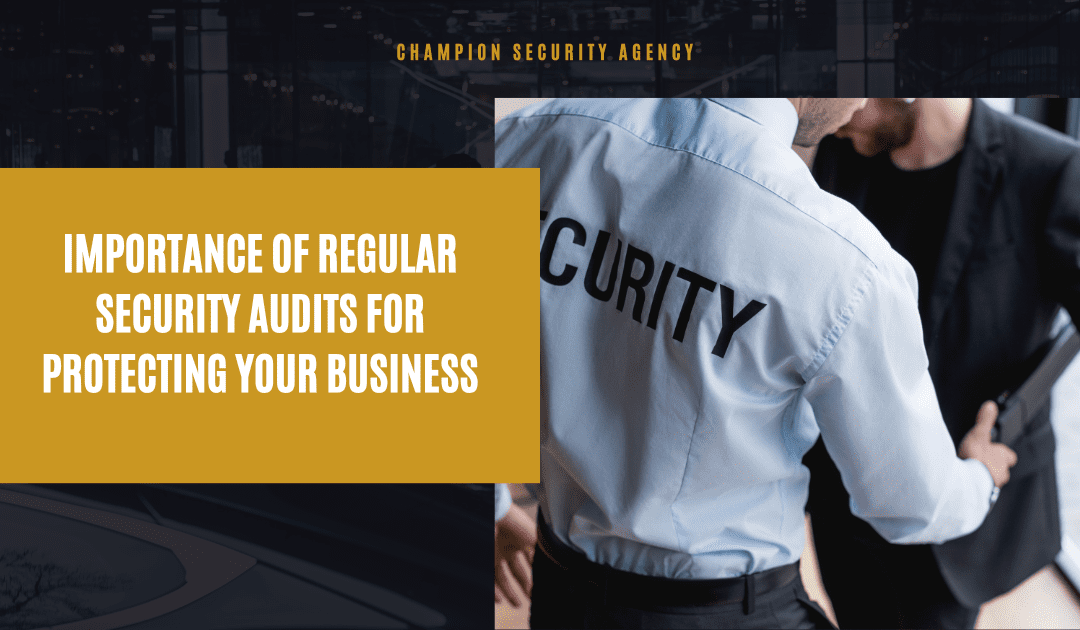If Your Business High Profile, How Often Should you be Running Security Audits?
You’ve probably heard this before, but let me ask you: How often do you really stop and think about your business security? The locks on the doors it’s not, the alarm system it’s not, but it’s that digital wall and barrier guarding your information. If you haven’t done a security audit in a few weeks or even months, it’s basically like just putting your hand on the knocker and simply leaving the front door wide open for all the bad cyber things to come in. Now you’ve heard the word audit and it sounds tedious, and trust me it is the only way to avoid a potential nightmare.
But first things first, and that’s answering the question, What is a Security Audit Anyway?
Simplifying it down at a bit, a security audit is your car going to the mechanic for a check up. Well, you don’t wait for your engine to blow once you’re on the highway, do you? To prevent disaster, you check on things regularly. Your business follows the same principles. Security audits are things like looking under the hood to see if you find any weak spots before they become a huge problem. Here’s what I’ll say about this: finding out we have a security issue *after* the fact is about the same as waking up to a data breach at 3 a.m. Messy, stressful, and completely avoidable.
Why Do I Need One? Isn’t My Firewall Enough?
The good ol’ firewall your business’s front gate. The thing is hackers are sneaky. What if they’ve already snuck through the crack you didn’t even know existed? It may not be enough just to have a firewall. You’ve got to play one step ahead, and that’s where regular audits come in. Before those cracks become gaping holes, they close those tiny cracks.
Firewalls and antivirus programs are sure a necessity. An audit, however, is a deeper dive – they check things you might miss, like password strength (because let’s face it, at least a couple of your employees were still using ‘password123,’ right?), who has access to sensitive data, and whether or not your system is susceptible because you’ve got outdated software running on it. It’s like taking a full body scan of your business, making sure your machines are all working properly.
Real Life Example: My Own Wake-Up Call
I’ve been there. I was sure that I had it all taken care of, be it a firewall, antivirus, you name it. (As it happens,) I had a vulnerability in an ancient software program I hadn’t touched in ages, and found out during a routine audit. Basically, it was as if I had just put a ‘Welcome, Hackers!’ sign on my front door. Fortunately, I caught it before any damage was done and it was definitely a serious wake up call. Had I not been doing regular audits, that could’ve been a disaster. And the very first thing I have done since then is to make security audits part of my routine that I don’t negotiate. But it’s not worth the risk, trust me.
But what does a security audit look at?
Now, an audit isn’t a quick check of your settings. It’s a lot more complex than that. Here’s what typically gets checked:
User Access Controls: Who has access to what? You wouldn’t believe the amount of businesses I’ve seen accidentally give an intern access to a database that shouldn’t be accessible by them. But it happens, it’s shocking.
Software and System Updates: Having outdated software is as much as having your windows wide open in your house. Old, unpatched systems are beloved by hackers and they know how to exploit them.
Network Security: This is your routers, your VPNs, your firewall, all the things that allow you to reach the internet with your business.
Data Encryption: Is your sensitive information encrypted? In which case, you may as well be writing your data up onto a billboard for everyone to see.
Of course, things you don’t want to overlook. You know something’s wrong with your car – it’s rattling – but if you ignore it long enough, you’re going to be faced with a more expensive fix.
How often should a project be audited?
The big question here, and, honestly, this depends on how fast technology moves and how good hackers are. I personally recommend that it be done every three months. You don’t want it to be too late to learn that you’ve been susceptible for months before anything goes wrong. It’s like a regular health check up, take this as simply being smart — and staying ahead of the game.
Wrapping Up
So… what’s the big whoop? Not only do regular security audits exist for massive corporations and tech giants. Whether you’re a small business, growing fast, or both, protecting what’s yours has to be a priority. You don’t want to become the person who waits until an attack, and then worries about security. Putting on your seatbelt after the crash is a bit like that, not very helpful.
Ask yourself: how long ago did your business have a proper security audit? If you haven’t now see your friends in a while it’s time to take a good hard look. Your employees, your customers, and peace of mind will thank you later.
If you ever need a second opinion or some guidance, hey, I’m here to help out (it’s kind of like the friend advice you get over coffee on how to keep your business safe and secure).
Just a little prevention at the end of the day will save you a whole lot of hassle.

